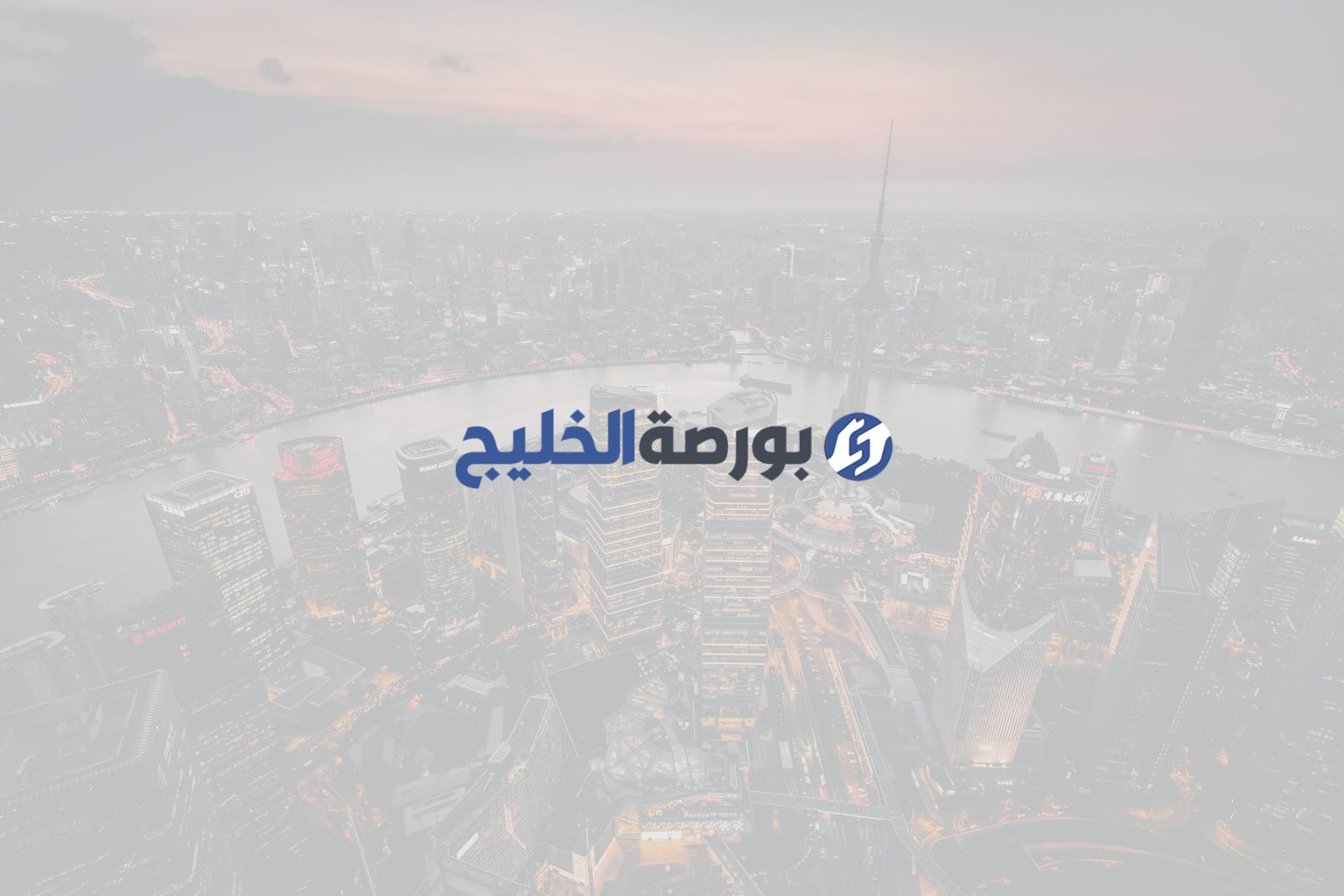Modern technology has become linked with advancement in the United Arab Emirates (UAE), a constantly changing country. The emergence of intelligent buildings is one of the many innovations reshaping the country’s urban landscape. Smart buildings are changing how people experience cities as the United Arab Emirates forges ahead as a global center of innovation and sustainability.
This guide delves into the significant influence of smart building trends on the UAE’s urban environment, looking at how they improve sustainability, efficiency, and general quality of life.
How are Smart Buildings Changing the Urban Landscape in the UAE?
High-performance windows, sophisticated insulation, and energy-efficient lighting systems are just a few examples of the materials that are frequently used in smart buildings.
These materials lessen the need for artificial heating or cooling by minimizing energy loss. Here are some ways in which smart buildings are changing the urban landscape in UAE:
- Design and Operational Efficiency:
In the United Arab Emirates, intelligent buildings lead the way in rethinking architectural paradigms. Unmatched efficiency is possible by incorporating cutting-edge technologies during the design and construction stages.
For example, architects and engineers may produce intricate 3D models that expedite the construction process, decrease errors, and cut waste using Building Information Modelling (BIM) technology. This helps to reduce costs while simultaneously quickening the rate of development. Once in operation, intelligent systems are implemented in smart buildings to enhance efficiency further.
Real-time adjustments are made by automated lighting, climate control, and energy management systems in response to factors like occupancy and weather. This is in line with the UAE’s commitment to sustainability and resource conservation, as it improves occupant comfort and lowers energy usage.
- Fundamental Sustainability:
Smart buildings are essential to the UAE’s aim of sustainable development, which it has been pursuing with steadfastness. These buildings are outstanding examples of reducing their adverse environmental effects, from using renewable energy sources to using environmentally friendly building materials.
Smart buildings frequently have solar panels installed on their rooftops, which use the sun’s plentiful energy to produce clean electricity. Moreover, advanced waste management systems are used in intelligent buildings, which maximize recycling and minimize waste by using automation and sensors.
The UAE’s initiatives to alleviate water scarcity include using intelligent irrigation systems and monitoring water usage. Water conservation is another crucial component.
- Improved Accessibility and Connectivity:
Smart buildings are dynamic hubs of connectivity, not just physical structures. The deployment of smart grids and transportation networks in the United Arab Emirates demonstrates this interconnection.
As nodes in the broader network, smart buildings enable real-time data sharing. For example, intelligent traffic management systems optimize traffic flow by lowering congestion and improving overall mobility by utilizing building data.
In addition to increasing the effectiveness of urban systems, this interconnection paves the way for upcoming advancements in the design of smart cities.
- Improving the Standard of Living:
Beyond the environmental and physical spheres, intelligent buildings directly impact inhabitants’ and workers’ quality of life in urban areas. Smart technology integration improves ease, security, and safety. Modern security features, such as sophisticated surveillance and biometric entry controls, give residents a safe space.
The incorporation of intelligent technologies also strengthens emergency response capabilities. Sensors can identify abnormalities and initiate automated reactions in a fire or other emergency, guaranteeing a prompt and well-coordinated response. Additionally, intelligent buildings make for a more welcoming and comfortable environment.
Customized environments are created by intelligent lighting and climate control systems that adjust to individual preferences. These advantages are expanded to residential settings with smart home automation, which gives homeowners remote access to mobile applications for controlling various house functions. This encourages cost savings and energy efficiency in addition to improving comfort.
- Obstacles and Prospects for the Future:
Although incorporating intelligent buildings has revolutionized the urban scene in the United Arab Emirates, there are still obstacles to overcome. Some developers may find it prohibitive to integrate intelligent technologies due to their high initial costs.
Careful consideration is also needed for the ongoing issues of addressing cybersecurity concerns and guaranteeing compatibility of multiple systems. Prospects for intelligent buildings in the United Arab Emirates seem bright. More innovation will likely be sparked by the ongoing development of technology and the rising popularity of sustainability.
The development of intelligent buildings will surely be a significant factor in determining the urban landscape as the United Arab Emirates moves closer to realizing its lofty ambitions for innovative city development.
In summary
Smart building trends in the UAE’s dynamic urban landscape are more than simply buildings; they signify a paradigm change toward a more efficient, connected, and sustainable future. These structures are at the vanguard of the country’s dedication to innovation, improving everything from the quality of life for inhabitants to transforming the design and construction processes.
The UAE’s ambition for a brighter, more connected urban future is demonstrated by intelligent buildings, further solidifying the country’s position as a global hub for sustainability and technology


